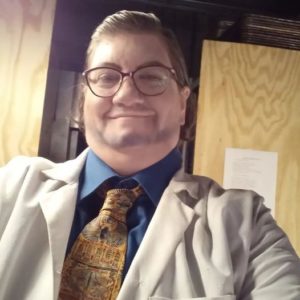By Diana Morgan
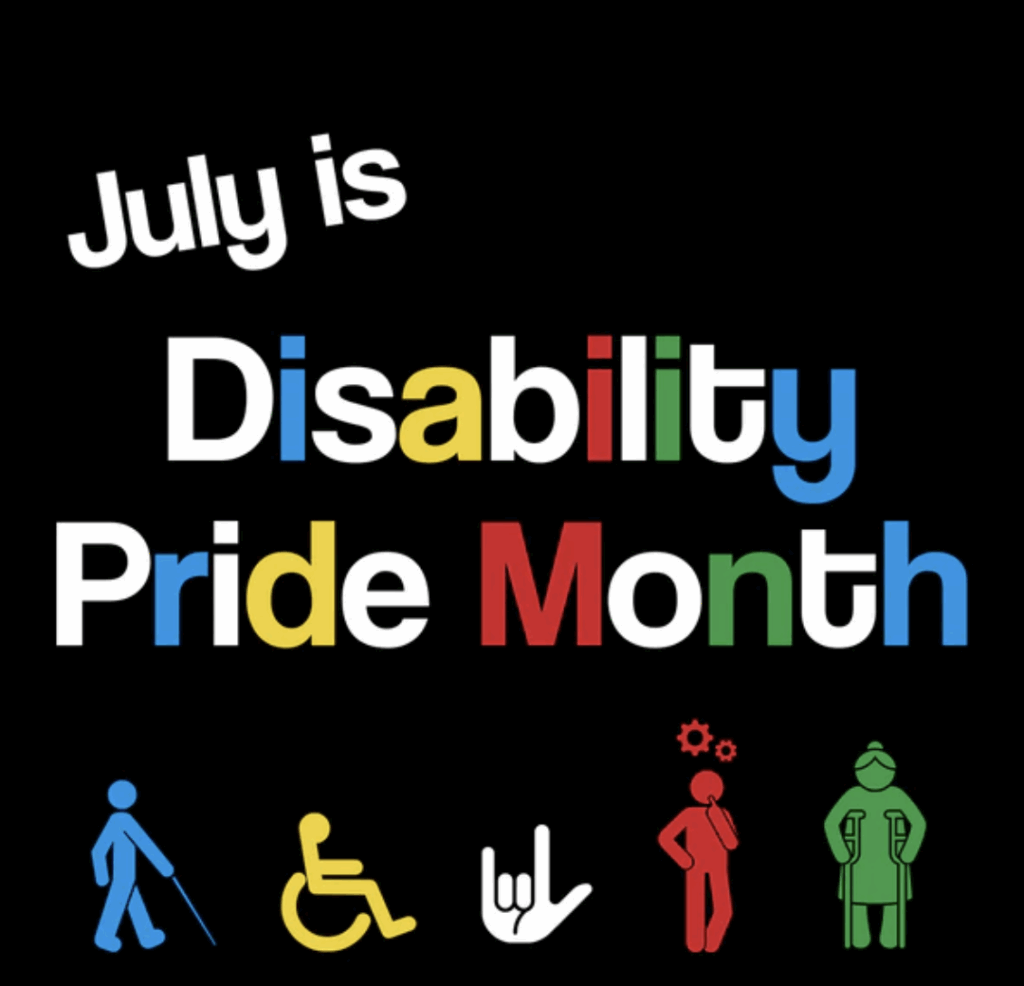
It’s Disability Pride Month, and now more than ever, it’s important for disability representation in literature and media.
Disability Pride Month celebrates the landmark passing of the Americans with Disabilities Act (AMA) in July 1990. The AMA has been essential in protecting the rights of people with disabilities, ensuring access to jobs, transportation, and more. It has helped create a culture of pride and visibility in disability communities all over the country.
One place where this visibility is important is through our stories. Disability representation in media is often overlooked when talking about marginalized communities. It is often portrayed in stereotypes or exaggerations. Disabled characters frequently serve to support a non-disabled person or as inspiration for the audience. Frequently in science fiction and fantasy, magic or superpowers “cure” the disability, reinforcing the idea that being able-bodied is the only goal – that living with disability is shameful, or only something to be overcome.
There’s a long history of shame and concealment when it comes to disabled people. In the late 19th and much of the 20th centuries, many cities had “Ugly Laws” that targeted disabled people, making it hard for them to appear in public. You could be fined, arrested, and even institutionalized if you were found to be too unpleasant or distressing. These laws were based on eugenics and creating an “ideal society.” Freak shows and carnivals often exploited them for profit, putting them on display for entertainment.
Many of those laws weren’t officially repealed until well into the 1970s. This is why legislation like the AMA and policies like DEI that protect the disabled and other marginalized communities and break stigmas are so important.
I am a disabled author with ADHD and autism, and I often include characters with similar experiences to my own. I’ve also spent time learning about representation and trying to help other writers as a sensitivity reader and speaker. I am not an expert on every disability, but I feel representation in media and fiction is important to the disabled community.
Early disability representation was often villains, angry over being disfigured, or victims who needed to be pitied and rescued. Much of this came from the fear and misunderstanding caused by stigma from things like the Ugly Laws.
Representation has improved over the decades. Characters like Geordi LaForge on Star Trek: The Next Generation, Daredevil, and Professor Xavier in Marvel comics have led the way for more disability representation and better visibility for the community.
More recently, characters like Nessarose in the Wicked movie, played by Marrissa Bode, a wheelchair user, brought even more authenticity to the character. On Broadway, the Wicked musical just cast Jenna Bainbridge, another actress who is an ambulatory wheelchair user, to play the role on stage for the first time.
Supporting disabled writers and actors is how we continue to break the stigmas around disability. Letting disabled writers tell their stories and be involved in media is the best way to ensure that we continue to have authentic representation that breaks stigma and normalizes disabled people being a part of society.
Disability is not a monolith. There are many different types of disability. It can be physical, neurological, or developmental, cognitive, or intellectual, or a combination of factors. Not all disabilities are visible, and not all conditions disable every person in the same way. People can also have multiple disabilities that impair them in multiple ways. Some people are born with disabilities, but others acquire them from accidents, disease, or chronic conditions.
Disability is the only marginalized community that anyone can join at any time. Everyone is one accident, one sickness, one twist of genetics away from being disabled.
Even within a single disability, things are often on a spectrum. Autism affects each person in very different ways. We are not all Sheldon Cooper or the Good Doctor—many of us struggle in very real ways. Very few blind people see total darkness—many have some visual acuity. Same with D/deaf people. They may have some ability to hear within a certain range. Some people use adaptive aids like cochlear implants, and some use sign language. Some wheelchair users are ambulatory and able to walk short distances, while others have little to no ability to walk.
Remember, disabled characters are not just their disability—they are real people with real interests. Matt Murdock/Daredevil is blind, but he is also a lawyer with friends and family and real problems. He’s also a superhero with extrasensory powers that allow him to fight and help him navigate the world without his sight. He’s a full character.
Be careful about having technology, magic, or superpowers that “cure” your character’s disability. Daredevil’s powers don’t restore his sight, but they do help him fight and navigate the world without it, and many blind people find that problematic.
When Daredevil was first created in 1964, many cities still had ugly laws on the books, and disability representation was often in the form of villains seeking revenge for their “disfigurement” or victims meant to be pitied or rescued. Daredevil was something different. He was a hero. Matt Murdock wasn’t a victim or a pitiable invalid. He was a lawyer, and he was charming and funny. He had a best friend and a girlfriend. It was rare to see a disabled character fitting into normal society. He was far from a perfect representation of a blind person’s experience, but it was still something many audiences had never seen before.
More recent versions, including the recent Netflix and Disney+ TV shows, have tried to make improvements in representations. Charlie Cox, who plays Matt, worked with blind people to learn how to move and work as a blind person. It’s still not perfect, but there are a lot of moments where he uses adaptive aids like screen readers or reading braille. The other characters describe things to him. Ultimately, they are showcasing one person’s experience with blindness in a fictional setting.
This is why it’s essential to listen to people with disabilities about their experiences. Ask disabled people about their experiences – hire a sensitivity or authenticity reader if you can. Sensitivity readers are people who belong to the marginalized community you’re writing about and usually have experience with writing and editing. They can read your work and consult with you on how to navigate problems and make your story more authentic.
Things are happening in our country that make the fate of many disabled people’s lives uncertain. Attacks on DEI, healthcare, and the rising stigma around things like autism and mental health have made it harder for disabled people to get help. Now more than ever, Disability Pride is important. Sharing our stories and being represented is one way we can fight this and protect our rights and our ability to live and work in a world that isn’t always built for us.
I will continue to include disabled people in my stories and share my own experiences. For information about neurodivergent disabilities and ways to be more inclusive of disabilities in your writing, you can see my resources page at DianaMorganAuthor.com.
DIANA MORGAN is a superhero by day, writer by night. Okay, not really, but when she’s not writing books, she’s a librarian at a local library, which is kind of a superhero. Her superpowers include always knowing what kids like to read, being able to read more than 10 books at one time, and the ability to eat more pizza than anyone.
writing books, she’s a librarian at a local library, which is kind of a superhero. Her superpowers include always knowing what kids like to read, being able to read more than 10 books at one time, and the ability to eat more pizza than anyone.
Diana has always loved science fiction and fantasy. She grew up watching Quantum Leap, Power Rangers and Star Wars. She can’t remember a time when she wasn’t making up stories.
She was a geek before being a geek was cool, and she loves hanging out with other geeks and sharing her love of all things space and magic and books.

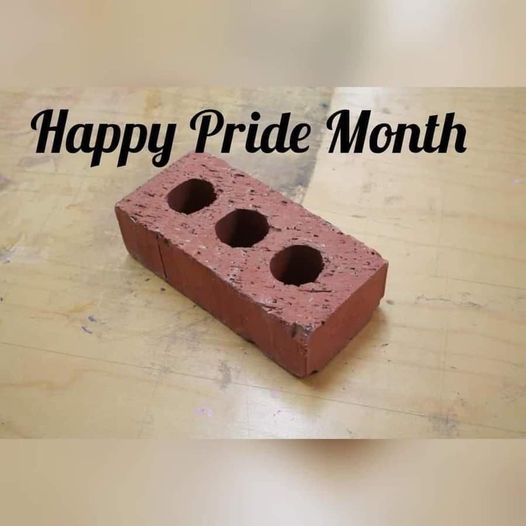
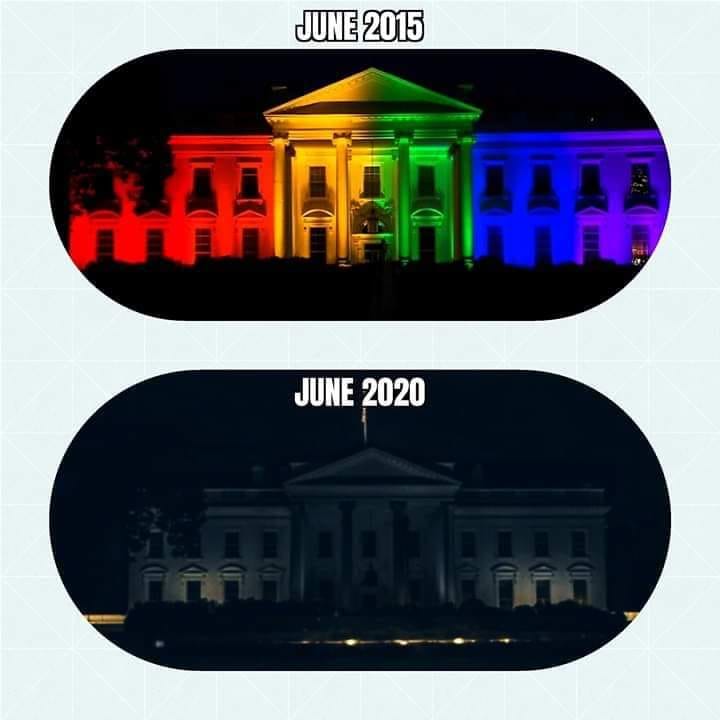
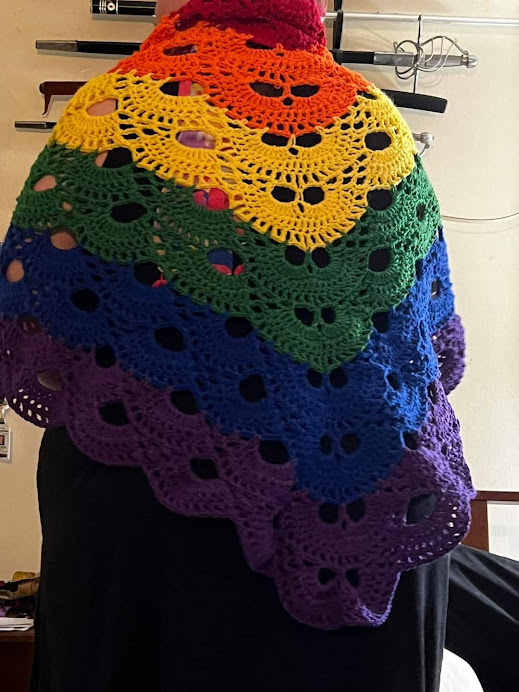
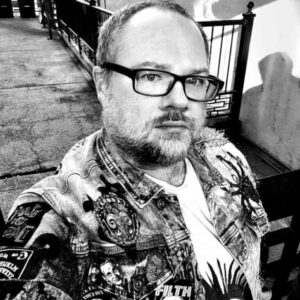 ALEXANDER S. BROWN is a Mississippi author whose first book, Traumatized, was published in 2008 and later re-released by Pro Se Publications. Brown is co-editors/coordinator of the Southern Haunts anthology series published by Seventh Star Press. His horror novel, Syrenthia Falls, was published by Dark Oak Press. His short story collection The Night the Jack O’ Lantern Went Out, published by Pro Se Press, reached bestseller status in three literary categories on Amazon.com upon release. Brown is the author of multiple young-adult steampunk stories found in the Dreams of Steam anthologies, Capes and Clockwork anthologies, and Clockwork Spells and Magical Bells. His more extreme works can be found in the anthology Luna’s Children, published by Dark Oak Press; Reel Dark, published by Seventh Star Press; and State of Horror: Louisiana Vol. 1, published by Charon Coin Press. Brown is also an actor and producer in the short film The Acquired Taste, inspired by a story in Traumatized and directed by Chuck Jett.
ALEXANDER S. BROWN is a Mississippi author whose first book, Traumatized, was published in 2008 and later re-released by Pro Se Publications. Brown is co-editors/coordinator of the Southern Haunts anthology series published by Seventh Star Press. His horror novel, Syrenthia Falls, was published by Dark Oak Press. His short story collection The Night the Jack O’ Lantern Went Out, published by Pro Se Press, reached bestseller status in three literary categories on Amazon.com upon release. Brown is the author of multiple young-adult steampunk stories found in the Dreams of Steam anthologies, Capes and Clockwork anthologies, and Clockwork Spells and Magical Bells. His more extreme works can be found in the anthology Luna’s Children, published by Dark Oak Press; Reel Dark, published by Seventh Star Press; and State of Horror: Louisiana Vol. 1, published by Charon Coin Press. Brown is also an actor and producer in the short film The Acquired Taste, inspired by a story in Traumatized and directed by Chuck Jett.
 writing books, she’s a librarian at a local library, which is kind of a superhero. Her superpowers include always knowing what kids like to read, being able to read more than 10 books at one time, and the ability to eat more pizza than anyone.
writing books, she’s a librarian at a local library, which is kind of a superhero. Her superpowers include always knowing what kids like to read, being able to read more than 10 books at one time, and the ability to eat more pizza than anyone.